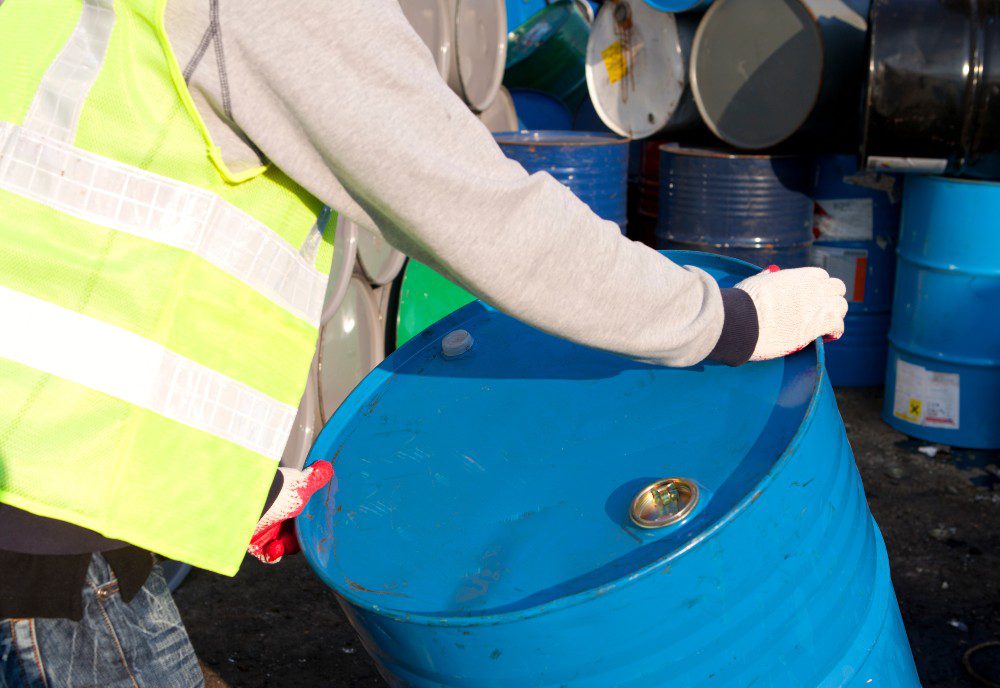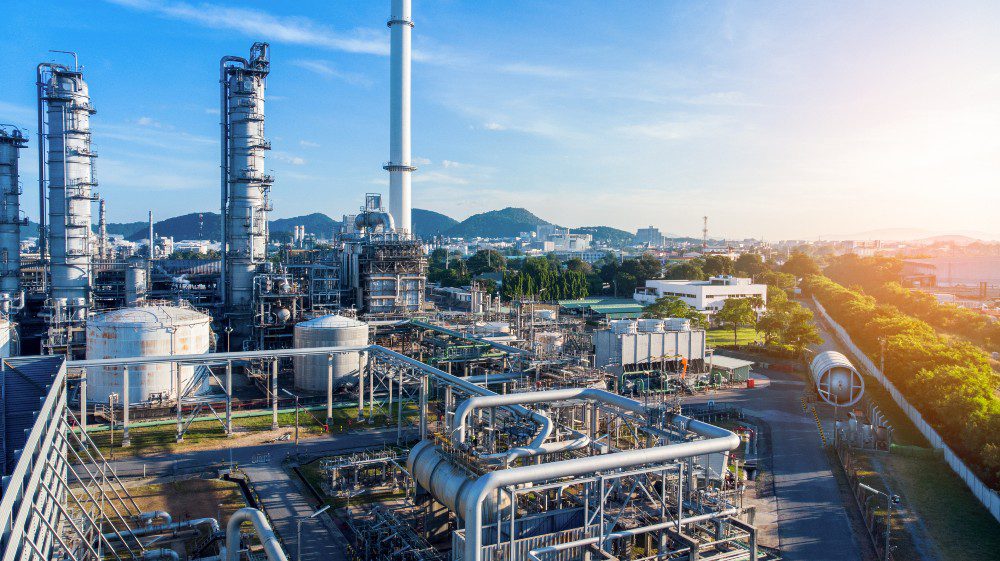The Repercussions of Mishandling Hazardous Waste
Keeping all of your waste separated and then properly disposing of it can get complicated. While it can be a pain to keep all of your waste byproducts separated and follow proper disposal procedures, it’s crucial to efficiently handle your waste to keep your plant out of trouble.
Mismanagement of hazardous waste is both dangerous and costly. If your organization handles waste internally, make sure it’s done in accordance with all government regulations.
There are set rules to follow to make it easier, and you can always ask the Environmental Marketing Service for assistance. They will ensure that you meet all the criteria imposed by local, state, and federal policies.
Let’s look at some of the consequences of mishandling hazardous waste.
Failed Plant Inspections
Organizations such as the EPA (Environmental Protection Agency), RCRA (Resource Conservation and Recovery Act), and OSHA (Occupational Safety and Health Administration) are responsible for overseeing private companies that handle hazardous waste and respond when toxic substance exposure occurs. To prevent damage from mismanagement, these federal organizations conduct inspections regularly, keeping our communities safe from dangerous substances.
If your employees mishandle hazardous waste, your business may fail mandatory inspections. Being found out of compliance with state and federal regulations has serious consequences, such as high fees and a damaged reputation.
Not following regulations included in the Clean Water Act and the Clean Air Act can even lead to the shutdown of your plant.
Your company’s operations and reputation will be disrupted if you fail inspections. Once you know what regulators are looking for in a company’s hazardous materials processes, you’ll need to train your employees accordingly so they can perform proper checks and avoid penalties.
Make sure that your company does the following:
- Leaves plenty of room between the materials — so they can be moved easily in case of emergencies
- Ensures that all labels are in place and lids are sealed to avoid spillage
- Performs weekly inspections in areas with hazardous substances to make sure you’re in compliance with RCRA safety regulations
Laws and regulations are updated regularly, and it’s essential to keep on track with those changes so you don’t end up with hefty fines.
Dangerous Work Environment
Exposure to poisonous chemicals, dangerous interactions with substances, explosions, spillage, and fires can occur due to hazardous waste mishandling. All these incidents are legitimate threats to your staff, which might even result in death in some circumstances. Hazardous waste mishandling in the surrounding region can also be a threat to your facility.
Since mishandling hazardous industrial waste will endanger your employees, you should consider hiring professionals to handle waste disposal. This way, you’ll have people on your team who have the knowledge and experience to conduct these processes safely and in accordance with the latest state regulations. It will also reduce the chances of an accident happening, and you won’t have to fear getting charged for waste mismanagement.

Increased Plant Expenses
There are many ways mishandling hazardous waste can cost your company money. Failing inspections and breaking disposal regulations will lead to severe fines. As penalty rates have gone up over time, the fee can build up to tens of thousands of dollars.
A single incident alone can lead to multiple costs and have significant repercussions for your business. You could be left paying for employee injuries caused by irresponsible waste disposal. If employees are constantly injured or getting sick on the job, your insurance premiums could also increase.
If you’re not disposing of waste in an efficient and timely manner, you could damage company assets that will require repairs, thus incurring further costs. Having to stop production for repairs will also reduce your chances to make a profit.
All of this becomes a vicious cycle that significantly disrupts the profit and the workflow of your business.
Adverse Effects on the Environment
Hazardous waste mishandling endangers not only human lives but also the environment — leading to contamination and pollution. These pollutants seep into the ground, enter water streams, and ruin air quality.
Water pollution is a clear and present risk when it comes to mismanaging hazardous byproducts. Various dangerous chemicals can enter bodies of water quickly. Animals who drink this water will become unwell and most likely die, and plants that rely on it will be destroyed. The toxic waste will destroy the entire ecosystem if left untouched.
If the waste is flammable, it can result in widespread wildfires — these can kill wildlife and damage the environment in ways that may take years, if not decades, to correct.
The long-term consequences of mishandling hazardous waste include mutations and cancers seen in species exposed to toxic substances for prolonged periods. Tragically, humans exposed to toxic waste can see similar effects.
You can help avoid environmental disasters by adequately planning your waste management.
Remove Industrial Waste With Robotic Tank Cleaning
If your plant produces dangerous waste, it’s likely you will need to partner up with someone to help you stay compliant with all the rules and regulations you need to follow.
Mishandling hazardous waste will cause you to fail mandatory inspections, which can severely damage your company’s reputation while directly affecting your bottom line. It also creates an unsafe workspace environment that can lead to serious employee injuries. The effects that hazardous substances have on the environment are detrimental, and we owe it to our planet to take all precautionary measures to keep it safe.
Properly disposing of waste can be easier said than done, especially with all the regulations you must follow. One of the safest ways to properly discard hazardous substances is leveraging robotic tank cleaning and automatic sludge removal. Not only is robotic tank cleaning beneficial for the environment and your employees, it also saves money — see how.




